Tobacco rod "turn waste into treasure" to promote development
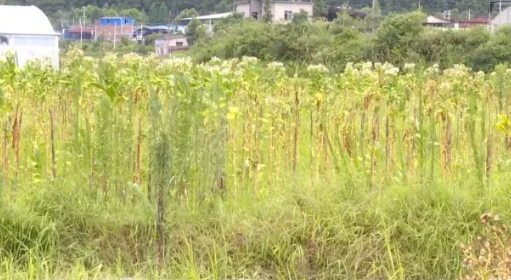
In the process of tobacco leaf production, the waste tobacco stalk after tobacco leaf harvest exists in a large number of tobacco areas, and has not been used reasonably and effectively. The total nutrient content of tobacco stalk is much higher than that of straw, wheat straw and corn straw. It is a kind of organic fertilizer resource that has not been fully utilized.
Therefore, if the tobacco stalk is made into organic fertilizer and returned to the soil, it can not only increase the soil organic matter content, but also provide effective nutrients for the growth of crops in the next season and reduce fertilizer application. The composting treatment of tobacco stalk is also one of the effective ways of large-scale utilization of waste resources, which is of great significance to the green, low-carbon, circular and sustainable development of tobacco agriculture.
In Henan province, Zhonghai Environmental's whole industry chain solution recyles tobacco stalks discarded in fields to make organic fertilizer. This measure of "turning waste into treasure" has effectively promoted the increase of tobacco farmers' income and the healthy development of tobacco industry.
The whole industry chain solution of tobacco rod treatment process
Tobacco stalk
After the tobacco is harvested, the remaining tobacco stalks are collected. In order to achieve a better fermentation effect, the tobacco stalk is crushed.
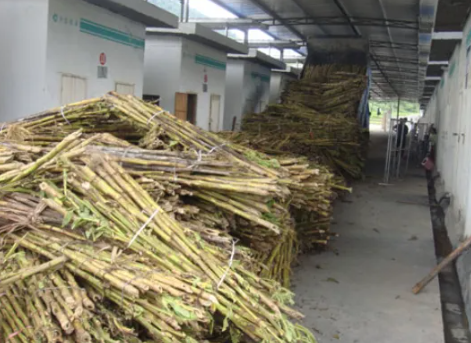
Mixed ingredients
Technicians with many years of first-line fermentation experience in China Sea add a certain proportion of cow dung to the tobacco stalk according to the nitrogen content and fecal sewage content, and fully mix the tobacco stalk and cow dung evenly. After mixing, it is transported to the fermentation tank by forklift.
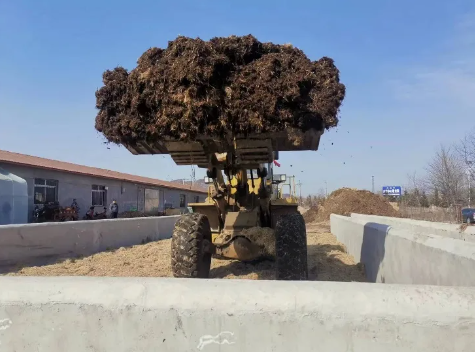
Compost fermentation
All the materials are transported to the fermentation tank. Fermentation is carried out by NCS intelligent molecular membrane fermentation equipment, which adopts high temperature aerobic fermentation process to effectively eliminate harmful pathogens in tobacco stalks, and can be fermented into organic fertilizer after 20-25 days. The fermentation equipment has low operating cost, can realize open-air fermentation, environmental protection and no pollution.
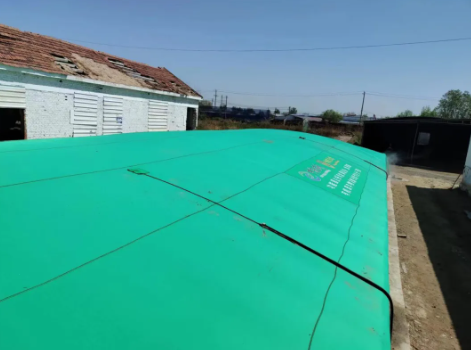
Organic fertilizer processing
The decomposed organic fertilizer raw material is transported to the organic fertilizer deep processing line, screened and granulated through the production line, and can be sold in the market or directly returned to the field after processing is completed.
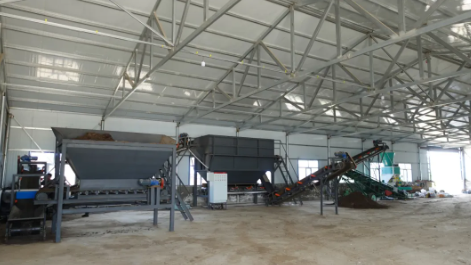
Return to land for utilization
The fermented organic fertilizer was distributed in the field by a fertilizer truck. Organic fertilizers can provide nutrients to plants, improve soil quality and increase soil fertility. This approach can not only reduce the amount of fertilizer used, but also reduce pesticide residues and protect soil ecosystems.
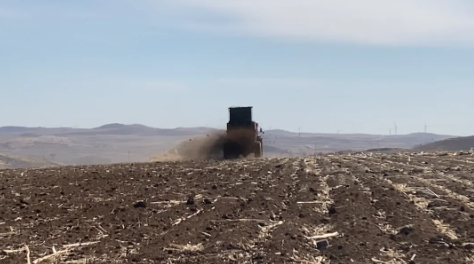
Organic fertilizer for tobacco stalks can not only solve the problem of discarded tobacco stalks, but also contribute to agricultural production through the whole industry chain solution of China Sea Environment. Moreover, the organic fertilizer made of tobacco stalk has high quality and long-lasting fertilizer effect, which has a significant role in promoting environmental protection and sustainable agricultural development.

 400-805-3612
400-805-3612
 sinoocean2010@163.com
sinoocean2010@163.com
 No. 36 Jinshui Road, Laoshan, Qingdao City
No. 36 Jinshui Road, Laoshan, Qingdao City



Copyright © 2023-2024 Qingdao Zhonghai Environmental Engineering Co., Ltd. Record number:鲁ICP备20013595号